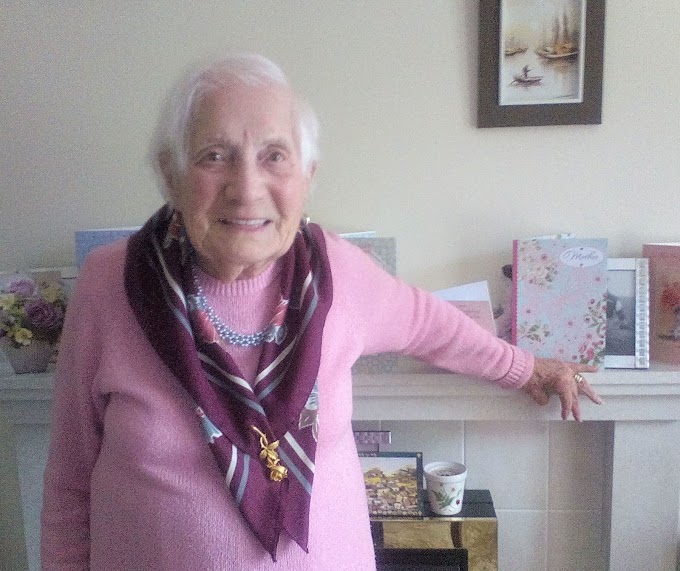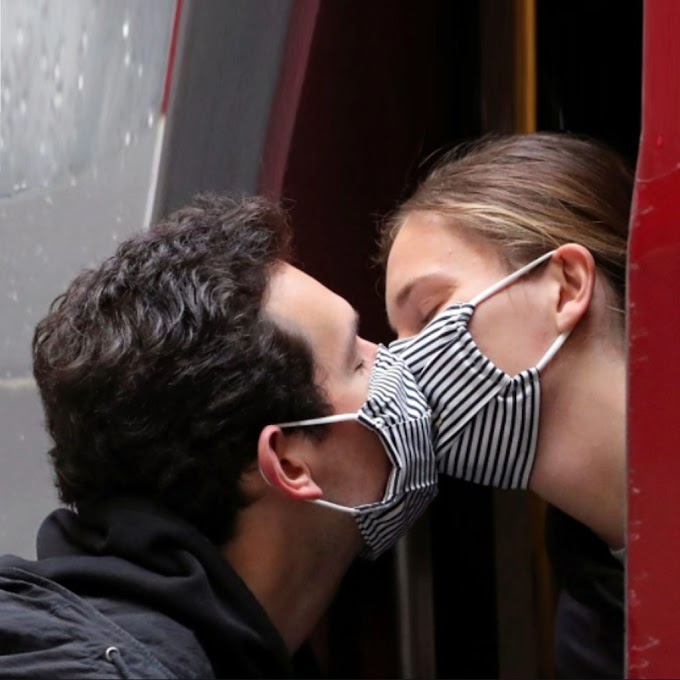 |
| Ellen Harland pictured on her 95th birthday in 2016. |
IN THE summer of 1940 the tide of Britain hung in the balance as the German air force, the Luftwaffe, began its attacks against the Royal Air Force (RAF).
The Nazis' aim was to win complete control of the air over the South of England in order that Adolf Hitler and his army could invade the country. They knew this was essential if an invasion was to be successful.
Over the next four months, in what became known as the Battle of Britain, the Luftwaffe tried to defeat the RAF not only by provoking air combat with its pilots, but also by destroying the British air fields, radar stations and the factories which made the British aircraft.
Hitler ordered that all factories supplying the RAF should be destroyed, particularly the units building Spitfires, the famous British single-seat aircraft that did so much to help win the war.
If the RAF had no new aircraft, German victory would be assured. Throughout this time, Lord Beaverbrook, the minister of aircraft production, worked tirelessly to make sure the factories produced enough machines to respond to the German attacks.
Those employed in these factories also worked tirelessly and uncomplainingly. People such as Ellen Harland, who worked at the Supermarine Spitfire factory in Southampton, were unsung heroes of the Battle of Britain, who in their own way helped to stop the Nazi occupation.
 |
| The Supermarine factory at Woolston where Ellen Harland worked inspecting Spitfire wings. |
Women played a vital part in Britain's success in Second World War. Class barriers were lowered. Even Queen Elizabeth II, then Princess Elizabeth, worked as a driver and mechanic. Interestingly, she is the last surviving head of state who served in uniform during the Second World War.
As men left their factory jobs to go and fight, women stepped in to produce the heavy machinery needed for the war and at home to keep the country running. Women quickly picked up and excelled at historically male-dominated trades such as welding, riveting and engine repair.
Women were essential for the production and supply of goods to troops fighting abroad. Their efforts during wartime refuted the misconception that women are incapable of manual and technical labouring.
One such lady to step forward and do her bit for the country was Southampton's Ellen Harland who Joined the Supermarine Spitfire factory in Woolston aged 20. Mrs Harland, who was born and raised in Woolston, was given the crucial role of inspecting the wings as each new aircraft was assembled.
 |
| Ellen Harland during the war. |
The plane's elliptical wing had a thin cross-section, allowing a higher top speed than several contemporary fighters. Speed was seen as essential to carry out the mission of home defence against enemy bombers.
Mrs Harland's job also came with the inherent dangers posed by the Luftwaffe and in the summer of 1940 this threat was realised. The first raid on the Supermarine factory came on August 23, 1940. It missed, but over the next month, more raids wore mounted until, on September 26, 1940, the factory was wrecked.
Many aircraft production workers were killed or injured. Fortunately, Ellen Harland, who celebrated her 95th birthday last month, and is still a sprightly woman who enjoys life and good health at her home in Bitterne, was one of the ones fortunate enough to survived the devastation although she did see friends and colleagues perish in the raids.
During the Battle of Britain, the young pilots in their Spitfires, who daily risked their lives, were the glamour boys. But there were many thousands of other patriotic Britons, such as Harland, who played an important role in keeping Britain safe.
This article was written by Jez Gale and first appeared in the Daily Echo in 2016.




Social Plugin